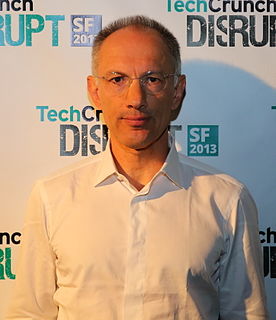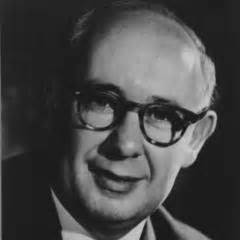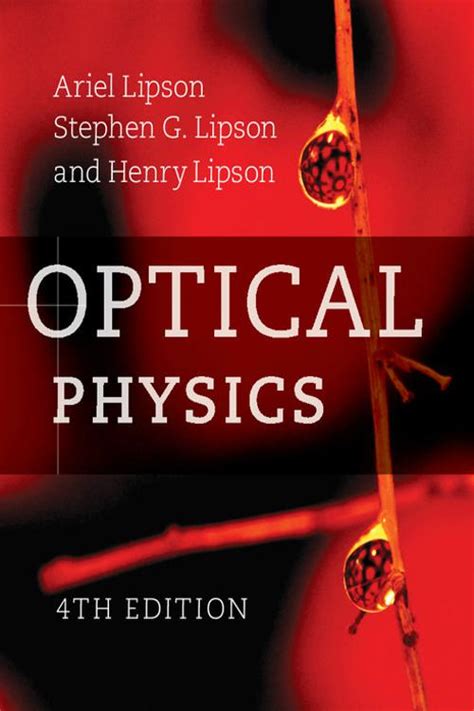A Quote by Nicholas Stern
As an undergraduate, I did maths and physics. That doesn't make me a scientist. So I try to read and understand and talk to scientists.
Quote Topics
Related Quotes
Philosophers often think all scientists must be scientific realists. If you ask a simple question like "Are electrons real?" the answer will be "Yes". But if your questions are less superficial, for example whether some well-known scientist was a good scientist. Then, they had insisted that only empirical criteria matter and that they actually did not believe in the reality of sub-atomic entities. Ask "If that turned out to be true, would you still say they were good scientists?" The answer would reveal something about how they themselves understood what it is to be a scientist.
Scientists have one thing in common with children: curiosity. To be a good scientist you must have kept this trait of childhood, and perhaps it is not easy to retain just one trait. A scientist has to be curious like a child; perhaps one can understand that there are other childish features he hasn't grown out of.
Darwin's book, On the Origin of Species, was published in 1859. It is perhaps the most influential book that has ever been published, because it was read by scientist and non- scientist alike, and it aroused violent controversy. Religious people disliked it because it appeared to dispense with God; scientists liked it because it seemed to solve the most important problem in the universe-the existence of living matter. In fact, evolution became in a sense a scientific religion; almost all scientists have accepted it and many are prepared to 'bend' their observations to fit in with it.





































